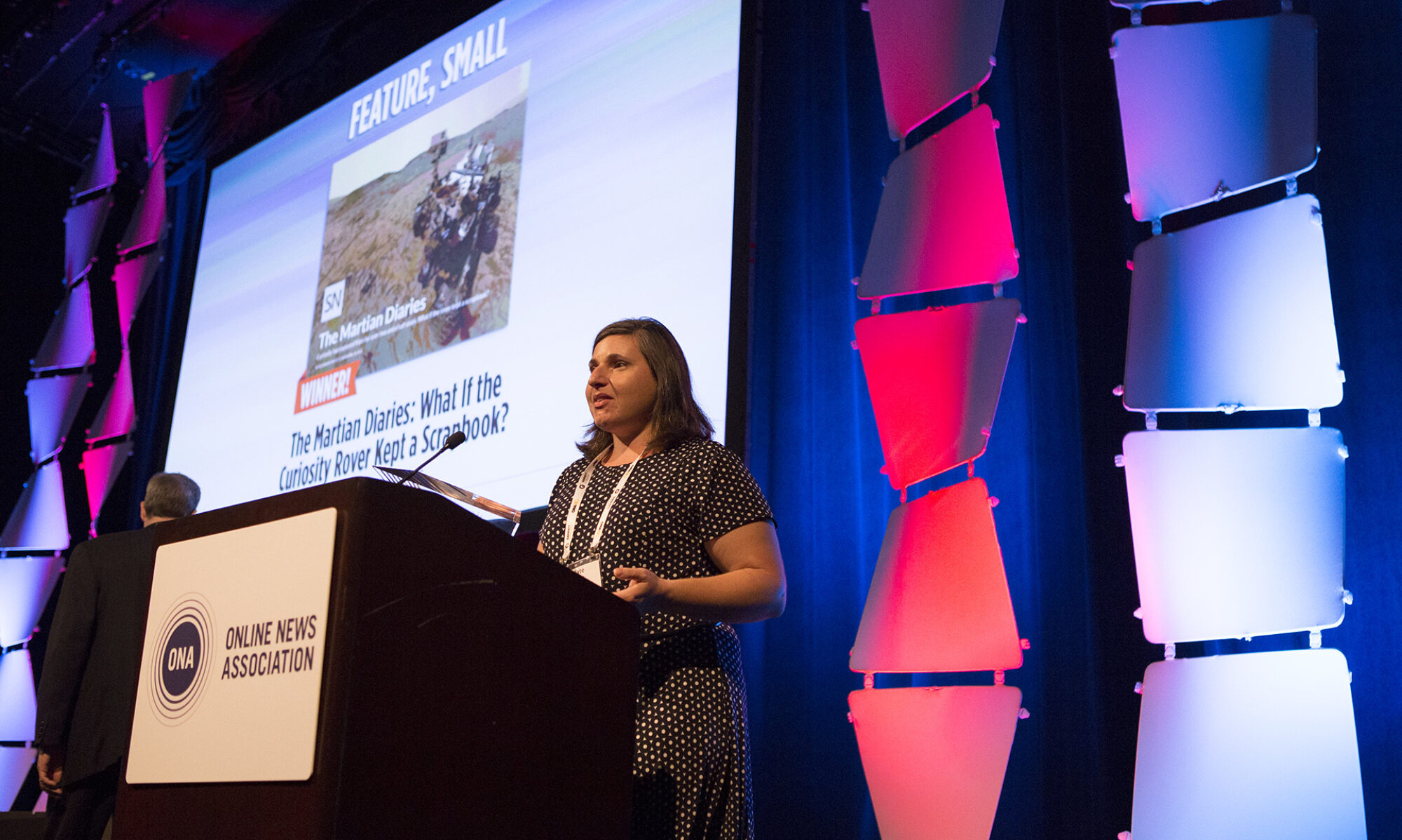Rochester Institute of Technology: M.S. in Communication
Master's in Communications, offering five research areas: Use of Artificial Intelligence in Journalism, Social Media, Visual Communication, Health Communication, Civic Engagement.

editor • project manager • digital strategy consultant
Master's in Communications, offering five research areas: Use of Artificial Intelligence in Journalism, Social Media, Visual Communication, Health Communication, Civic Engagement.
"The Scientific and Professional Communication Graduate Certificate offers graduate students and post‐baccalaureate professionals an opportunity to build and strengthen their professional communication abilities for academic and professional work."
"The Advanced Graduate Certificate in Communicating Science (12 credits) complements ongoing graduate degree work at Stony Brook University. To apply you must be enrolled in a graduate program at Stony Brook University."
"Open to candidates with scientific or other backgrounds, the Science & Technology Journalism (STJR) master’s program includes coursework in both science journalism and science. Students choose between an internship track and a thesis track."
"Gain science- and technology-based writing skills with the Scientific Writing Graduate Certificate from Temple’s College of Science and Technology and the Klein College of Media and Communication. Designed to meet the growing needs of both media and scientific communities, this degree will prepare you for careers in biotechnology, communication and public relations, journalism, patent law, …
Graduate certificate in technical writing. Includes courses on science communication, environmental communication, health communications, creative nonfiction.
The two-year journalism master's program offers a focus/curriculum in science and technology. UC Berkeley also offers an undergraduate minor in journalism.
"During their year here, students learn fundamental research and reporting skills and produce publishable works of print, audio, video, and interactive journalism. Our curriculum teaches students how to interpret and explain science to the wider public, to place research and researchers within their social and historical contexts, and to create pieces that balance hard analysis …
Graduate certificate, specifically for professional communications. "The program is not designed for those intending to communicate scientific information to lay audiences, e.g., science journalism, marketing communications or patient communications. This program is designed to equip scientists and others with a strong biomedical and/or life sciences background to write for scientific audiences in peer-reviewed journals, regulatory …
"This minor is designed for undergraduates who are interested in the sciences and/or engineering and would like to learn how to use a wide variety of communication tools for engaging publics, including non-technical audiences and policymakers."